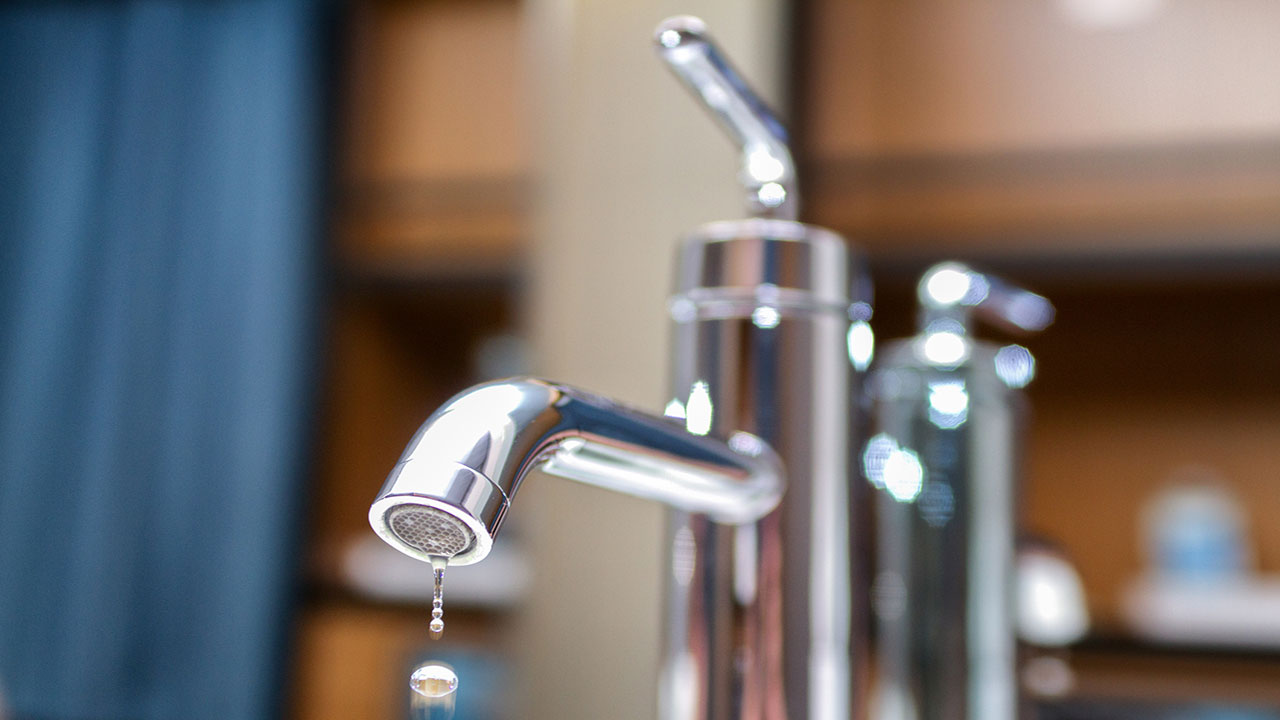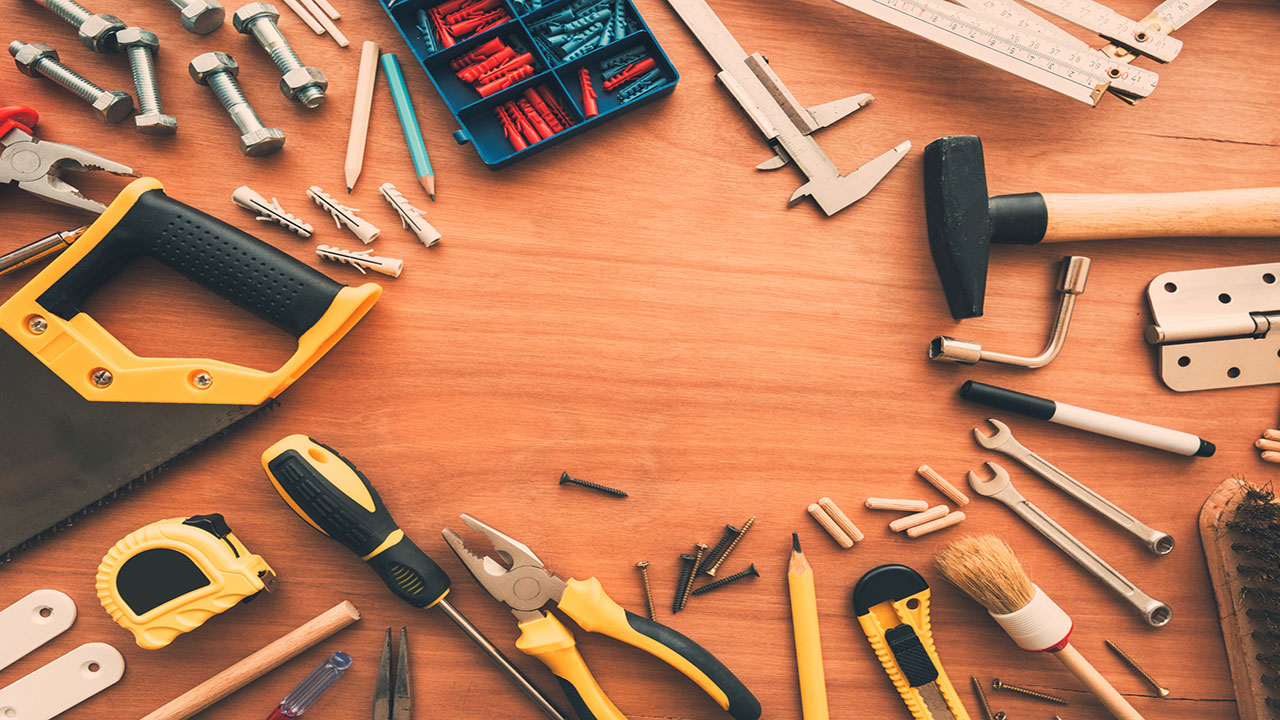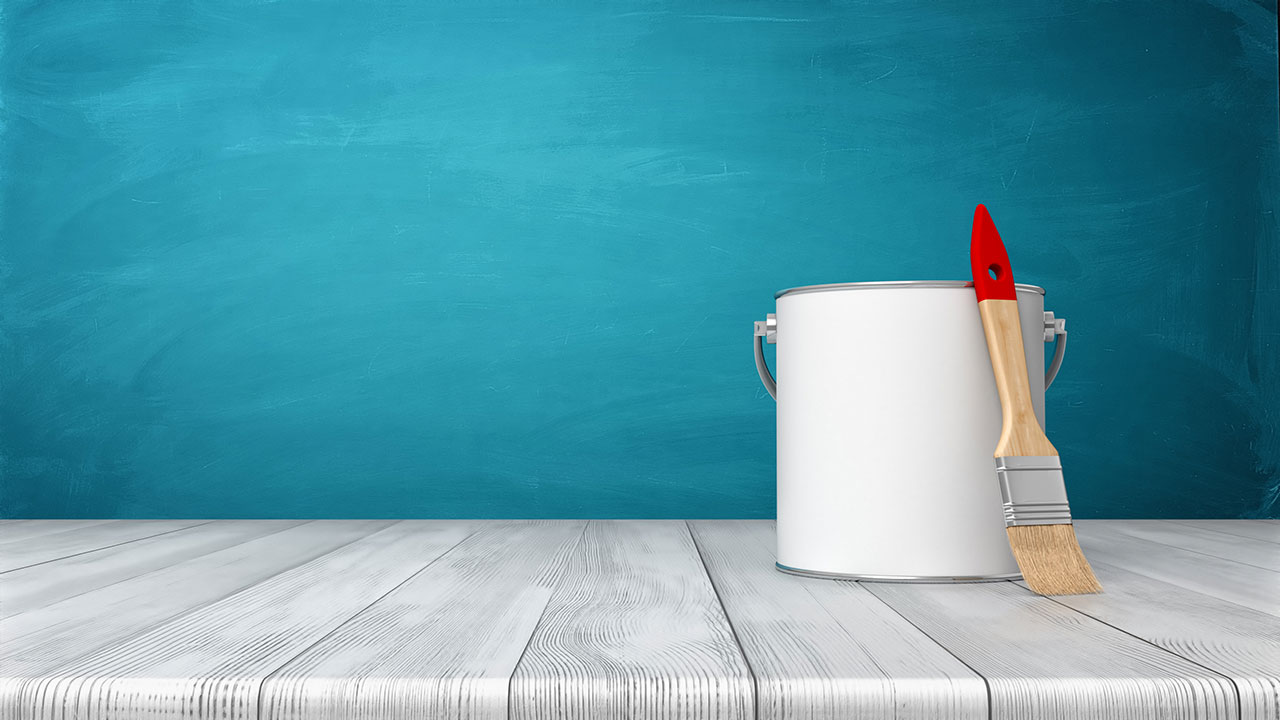How to Prepare Your Home For an Appraisal

When you find a buyer for your home and strike a deal, there are plenty of events that will follow, and an appraisal is one of them. Lenders order appraisals in order to make sure that whatever price the buyer agreed to pay is in line with the current housing market.
But sellers can have their own appraisals ordered (at their own cost) before they even put their home on the market. Having a home appraised will help sellers determine how much their home is worth according to current market conditions and come up with a sound listing price.
Either way, an appraisal plays a crucial role in any real estate transaction. And for obvious reasons, you’ll want to make sure the appraised price comes back as high as possible. To help make that happen, there are a few things you can do to make sure the appraisal goes your way.
Make Any Necessary Repairs

While you might be aware of certain minor issues with your home that you just never got around to fixing (or never intended to fix), there might be a number of other little problems that you might not have been aware of. Now’s the time to walk around your home with a watchful eye and look for any issues that might need attention.
Make a list of anything that catches your eye. And before you list, take the time to make the needed repairs so your home is appraised at a high value. Chipped tiles, cracked windows, leaky faucets, ill-functioning appliances, or nail pops should all be rectified before the appraiser steps foot through the front door.
Not only will this help you fetch a higher price, but it can also impress buyers. Not only that but the home inspection that the buyer orders after offer acceptance will likely come back with far fewer issues if you’ve taken a proactive approach and tackled any known issues yourself.
Make Any Helpful Upgrades
Certain upgrades can bring in a high ROI. Ideally, you’ll recoup all the money spent on home improvement projects – and then some. That’s why it’s important to pick your projects wisely.
Appraisers will take note of any upgrades that they notice and will typically add to the value of your home accordingly. Whether such upgrades are just cosmetic in nature or are more structural, any upgrades will be included in the appraiser’s report and will impact the final appraised value.
Even just quick and simple cosmetic upgrades – like refacing kitchen cabinets, replacing countertops, or replacing old flooring material – can make a big difference not only in how your home looks but in its perceived value, too. Just make sure that you verify whether or not any building permits are required for any projects you undertake, as the appraiser will want to see them if they find out any work was done.
Keep a List of Upgrades Handy to Provide the Appraiser

Whether you just made a few upgrades recently in anticipation of the sale of your home or have already made some improvements in the past, you might want to provide the appraiser with a list of all these updates. While they will likely notice them, it might be helpful if you make the appraiser aware of the work done.
Appraisers will be looking for upgrades, but they’re not always going to notice every single one. They’re also not going to know exactly how much you spent on them. Make this easier for them by providing them with a list that highlights all the upgrades made and the expense of such improvements. Your list should also include the date that each improvement was made, any permits that were obtained to get the work done, and any home warranties that accompanied such work.
Clean and De-Clutter
While a messy home shouldn’t really affect property value, it can skew the appraiser’s opinion of your home. The final appraised value that your appraiser establishes for your home matters a great deal to the sale of your home, so anything you can do to make your home stand out in a positive way should be done. And that includes cleaning and de-cluttering.
Make sure that everything is put away in its proper spot. Things that you don’t use anymore should be tossed or donated. You might even want to start packing a few things in boxes in anticipation of your upcoming move to make de-cluttering easier. A couple of days before the appraisal, have the home deep cleaned and be sure to stay on top of dishes, laundry, kids’ toys, and so forth to make sure your home is spic and span.
Paint

Giving your home a fresh coat of paint is a great way to perk up your interior and make your home seem newer (and cleaner). In fact, painting is typically considered to be the best upgrade to make because of the high ROI it tends to bring. The cost of a couple of cans of paint pales in comparison to how much more value you can add to your home, and your appraiser will take notice.
Boost Your Curb Appeal
Your appraiser will assess not just the inside of your home, but the outside, too. Ensuring that your home has great curb appeal is crucial and will play a key role in the appraised value of your home. Cut the grass, trim the hedges, water the flowers, rake the leaves, spruce up the front door, and tidy up your front porch in order to appeal not only to the appraiser but to potential buyers as well.
While you can always call a professional landscaper to tackle this for you, you can get the job done yourself in as little as a weekend to save some money while potentially adding some extra value to your home.
The Bottom Line
The appraisal report plays an important role in the sale of your home, so you want to make sure it goes well. Whatever the appraiser values your home at will have a direct impact on the deal. Before your appraiser visits, be sure to take the time and put in some effort to prep your home to ensure all goes well with the appraisal.